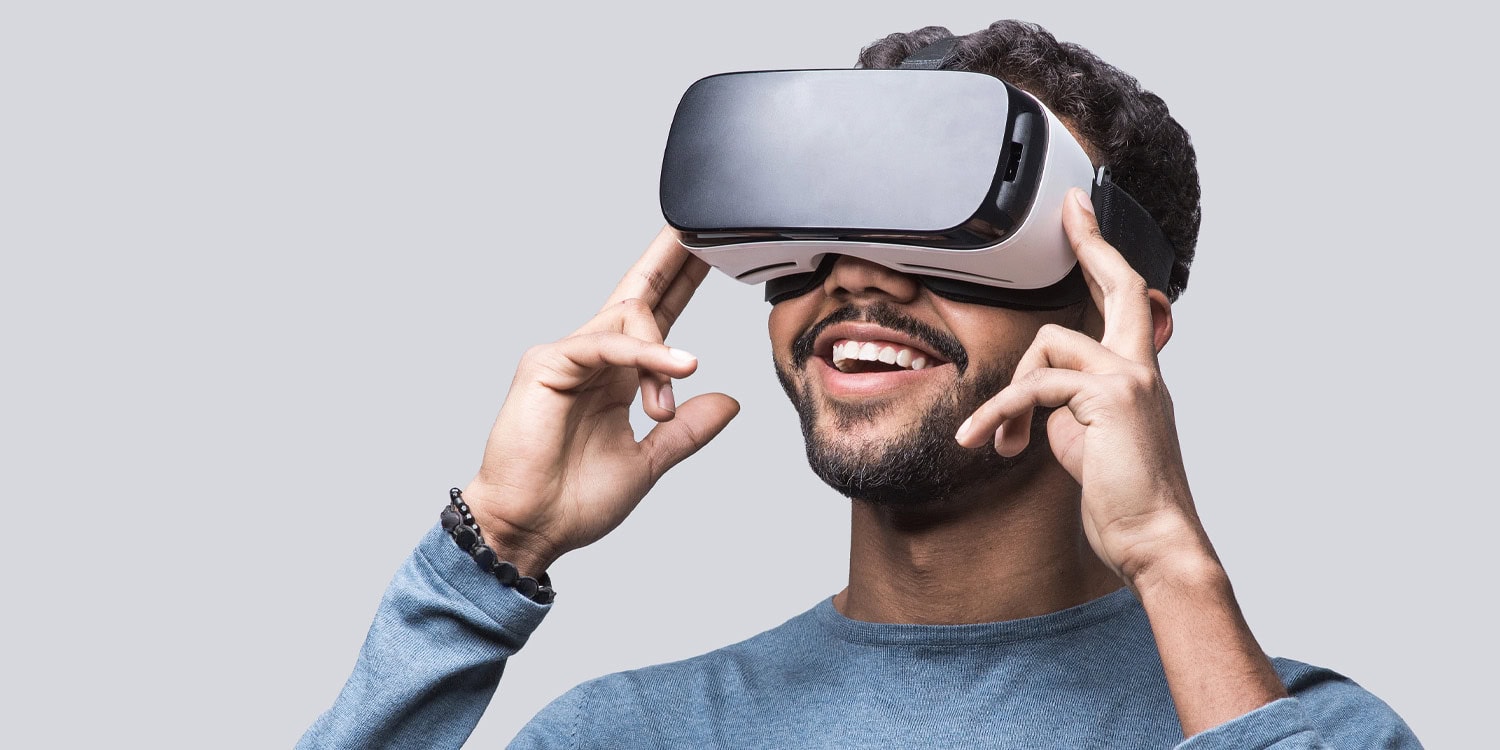New groundbreaking research, published in the Journal of Affective Disorders finds that virtual reality (VR)-based biofeedback is effective in reducing symptoms of depression and anxiety.
Traditional biofeedback has been used to help individuals regulate physiological responses, but struggles to maintain user engagement given its abstract and repetitive nature. Biofeedback has shown promise in managing depression and anxiety symptoms by helping individuals regulate physiological responses like heart rate and breathing.
By integrating VR, Yaehee Cho and colleagues sought to enhance engagement and effectiveness through an immersive and controlled environment.
The study employed a randomized controlled trial to compare the efficacy of VR-based biofeedback with conventional biofeedback for reducing depression and anxiety symptoms. A total of 131 participants were recruited from the community, but 13 were excluded due to psychiatric diagnoses (e.g., phobic disorders).
Ultimately, 118 participants were included, divided into three groups: individuals with depressive and anxiety symptoms (DAS) receiving VR-based biofeedback (DAS/VR, 40 participants), DAS receiving conventional biofeedback (DAS/BF, 38 participants), and a healthy control group receiving VR-based biofeedback (HC/VR, 40 participants).
Eligibility for the DAS groups required a Patient Health Questionnaire-9 (PHQ-9) score of 10 or higher, or a Panic Disorder Severity Scale (PDSS) score of 9 or higher, while healthy controls were required to have lower scores and no history of major depressive or anxiety disorders.
Participants in both DAS groups and the HC group underwent three sessions over four weeks. The VR-based biofeedback intervention involved participants using a head-mounted display to experience immersive natural environments, such as forests, valleys, and oceans. These environments were accompanied by guided relaxation instructions, breathing exercises, and soothing nature sounds. Physiological data, including heart rate and pulse oxygen saturation, were monitored using blood volume pulse sensors.
On the other hand, conventional biofeedback involved a therapist-guided session where participants observed real-time feedback on physiological parameters such as skin conductance and respiration. Both interventions had a goal of helping participants regulate physiological activity through relaxation techniques.
The researchers found that both VR-based and conventional biofeedback were effective in reducing symptoms of depression and anxiety. The DAS/VR group experienced significant improvements, with a 70% reduction in Montgomery-Asberg Depression Rating Scale (MADRS) scores, a 64% reduction in PHQ-9 scores, a 29.5% reduction in State-Trait Anxiety Inventory (STAI) scores, and a 61.7% reduction in Visual Analog Scale (VAS) scores.
The DAS/BF group exhibited comparable reductions, indicating that VR-based biofeedback was as effective as conventional methods. Interestingly, participants in the HC/VR group, who had subthreshold symptoms, also demonstrated significant decreases in depression and anxiety scores, though the improvements were less pronounced compared to the DAS groups.
Despite the lack of significant differences in clinical outcomes between the two biofeedback approaches, participants in the VR-based sessions reported high levels of engagement, suggesting the potential of VR to sustain motivation and attention during therapy. The results also highlight the broader applicability of VR-based biofeedback, as even healthy participants showed measurable psychological benefits from the intervention.
One limitation is the study’s short duration and limited number of sessions, which may not fully capture the long-term benefits of VR-based biofeedback. Further, the lack of a passive control group limits comparisons against natural symptom progression.
The research, “Effect of virtual reality-based biofeedback for depressive and anxiety symptoms: Randomized controlled study,” was authored by Yaehee Cho, Hyewon Kim, Sisu Seong, Karam Park, Jooeun Choi, Min-Ji Kim, Dokyoon Kim, and Hong Jin Jeon.




